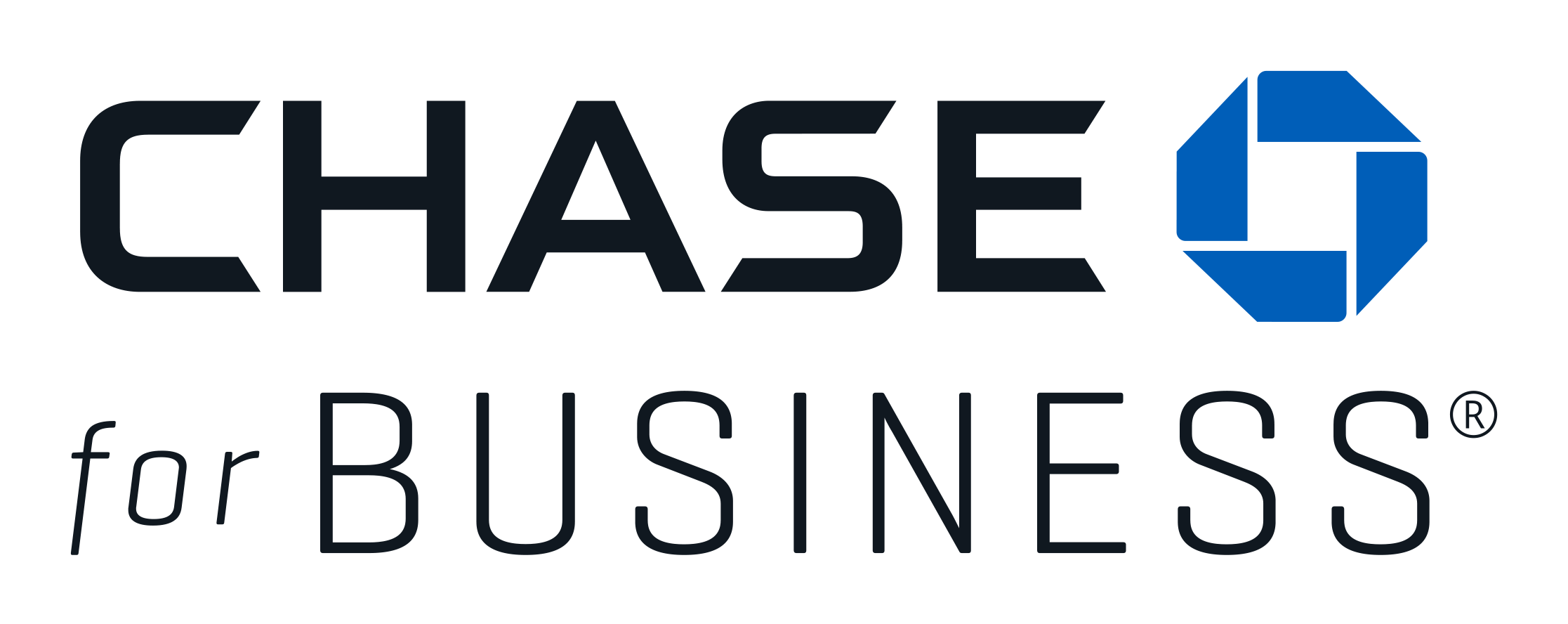Subscribe
"Unlock exclusive insights and elevate your financial wisdom with NetWorth.com — subscribe now to stay ahead in the wealth game!"

Picking the right bank for small business owners in Illinois can be a real head-scratcher. Loads of banking choices make it tough to nail down the perfect match for your business demands. To steer you right, here’s our rundown of the top 10 banks in Illinois for small businesses.
>> Open a Business Bank Account With Bluevine >>
In assessing Illinois’ top banks for small businesses, we looked at fees, minimum balance needs, and the pricing of loans, credit cards, and merchant services. We evaluated online and mobile banking capabilities, plus any perks for opening a business account. This analysis helped us pinpoint the banks that best serve the needs of small businesses in the state.









To identify the best banks for small businesses in Illinois, we considered various critical factors for opening and managing a business bank account. Our evaluation focused on the banks’ fees, features, and accessibility, among other important criteria. Here are the key factors we considered in our assessment:
>> Open a Business Bank Account With the Bluevine >>
Before settling on a bank for your small business in Illinois, think about several crucial aspects: the bank’s fees and charges, the availability of online and mobile banking, the bank’s physical accessibility, the variety of accounts and services they offer, and their reputation for customer service and support. It’s vital to align your business’s specific needs with the bank’s offerings to ensure they can fully support your financial operations.
Absolutely, opening a bank account with an Employer Identification Number (EIN) is recommended. An EIN is necessary for tax purposes for any business with employees, and banks will require this number when setting up your business account. If you’re a sole proprietor, you might use your Social Security Number (SSN), but be cautious, as this can complicate the separation between personal and business finances.
While opening a bank account in Illinois without a Social Security Number (SSN) is possible, it may pose some challenges. Some banks might insist on an SSN, but others accept alternative IDs like a Taxpayer Identification Number (TIN) or an Individual Taxpayer Identification Number (ITIN). Contacting the banks directly to understand their specific requirements for those without an SSN is best.
It’s prudent to reserve at least six months’ worth of operating expenses in your bank account to safeguard against potential disruptions in your business. This safety net allows you to weather unforeseen challenges. If feasible, aim to contribute at least 10% of your monthly profits to this reserve to help it grow.
Selecting the right bank for your small business in Illinois is a crucial decision that influences your financial operations and overall success. Before deciding, evaluate your business’s specific needs, the bank’s features and services, and any possible fees or constraints. The banks on our list help you optimize your financial management, allowing you to concentrate on expanding your business.